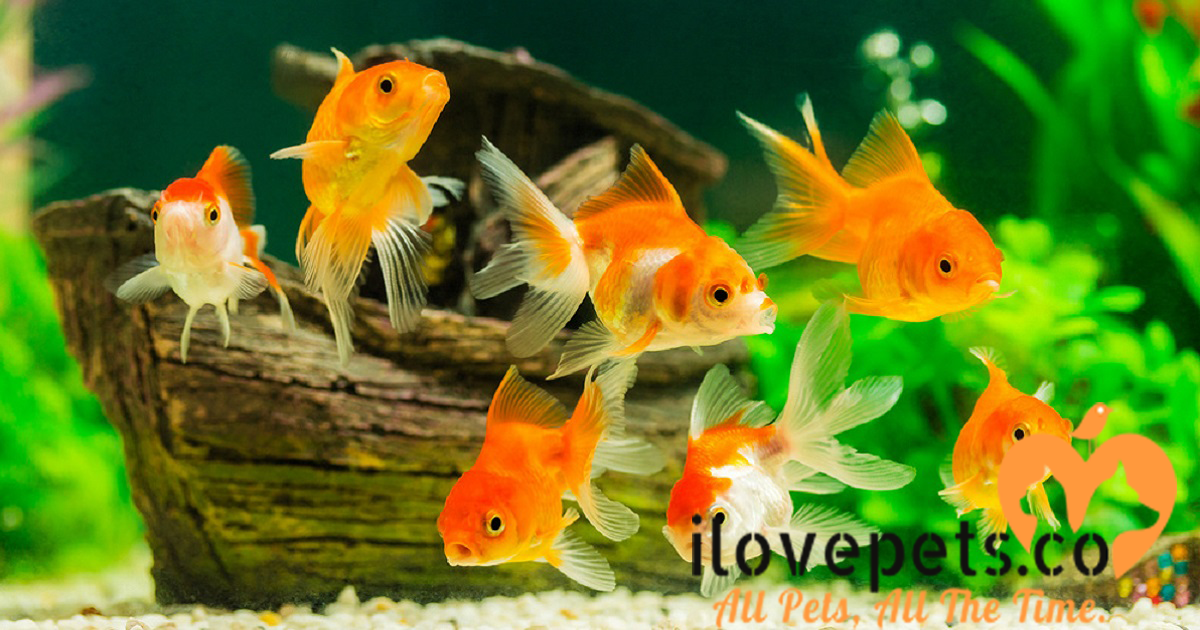
What is the first thing that comes into your mind when you hear the word anemia? You would answer the lack or the deficiency of the red blood cells, right? This is exactly the condition that the animals face.
It is a heart and blood vessel condition where there is a sudden drop of the red blood cells. I would like to add that anemia is also called the ‘infectious salmon anemia’ that has affected the fish farms in countries like Norway, Canada, Chile and Scotland.
The sad part is, some fishes may show the symptoms and some may not. I have a friend who loves to pet fishes. She had a huge tank and contained variety of fishes. One day, I got the news that her favorite fish died all of a sudden (with no symptoms). I told her that she might not have paid attention to the symptoms. But she was sure that the fish did not show any symptoms and decided to take the dead fish to the vet (for the postmortem!).
It was later discovered that the fish suffered from anemia and only then I learnt that fishes may not give us a signal that they are ill. Maybe they themselves don’t know that they are ill! We must educate ourselves about this matter.
What are the causes of anemia in fish?
Well, there can be more than one cause for having anemia among fishes:
- Hygiene can be driving force that can either keep the fishes or kill them. If the aquarium is infected by parasites, fungus or any other bacteria, your fishes are prone to innumerable diseases, and anemia can be one of them! Be careful when you introduce new fish or an object into the aquarium. Treat it well before putting it in the tank.
- When blood sucking parasites like leeches get inside the body of the fishes, they are likely to suffer from anemia.
- When fishes get exposed to high levels of ammonia and nitrites, they will suffer from a variety of infections. Fishes suffering from nitrite poisoning will gasp for breath and the color of their gills change to pink or brown. In order to treat it you need to change the whole water and bring back the pH balance to normal.
- Fishes may suffer from folic acid deficiency and this may lead to anemia as well.
Symptoms
As I have said that the fishes may or may not show the symptoms. The common signs are:
- Fishes would develop pale gills. This can be the most common symptom of anemia.
- You would see the fishes swimming at the surface of the water. This is simply because they want more oxygen to breathe.
- Some fishes that do not show external symptoms may already have a swollen spleen and liver. Of course, we won’t be able to see it and the fish’s health would start deteriorating.
- It may also happen that the blood cells would explode. This, in turn, may add to more immature blood cells and would be harmful for the fishes.
Treatments
Anemia can attack any fishes, but it is not a common disease. There is a rare chance that the fishes will develop anemia. I would say that treatments are possible only in certain cases. Usually there is no treatment for anemia as a whole, but depending on the case it can be treated. Let’s go through the remedies.
- If there is a parasitic infection, it can be treated by cleaning the entire aquarium and by separating the fish from the other fishes. Use of aquarium salt is common while treating these diseases. Change the water and disinfect every object in the aquarium. See whether the filter is working or not. You may also visit a vet in case you are confused.
- You may also increase the folic acid in the fish’s diet in case they are suffering from a deficiency.
- If you see the symptoms, simply quarantine the fishes. It is best to keep them isolated in some other tank in order to prevent the healthy fishes from the infection.
Did your fish ever suffer from anemia? If yes, how did you treat the fish? Share your views and spread knowledge to other fish lovers!
Share this article in your favorite social media outlets.







[…] Fish suffer from anemia when leeches and lice attack them. […]